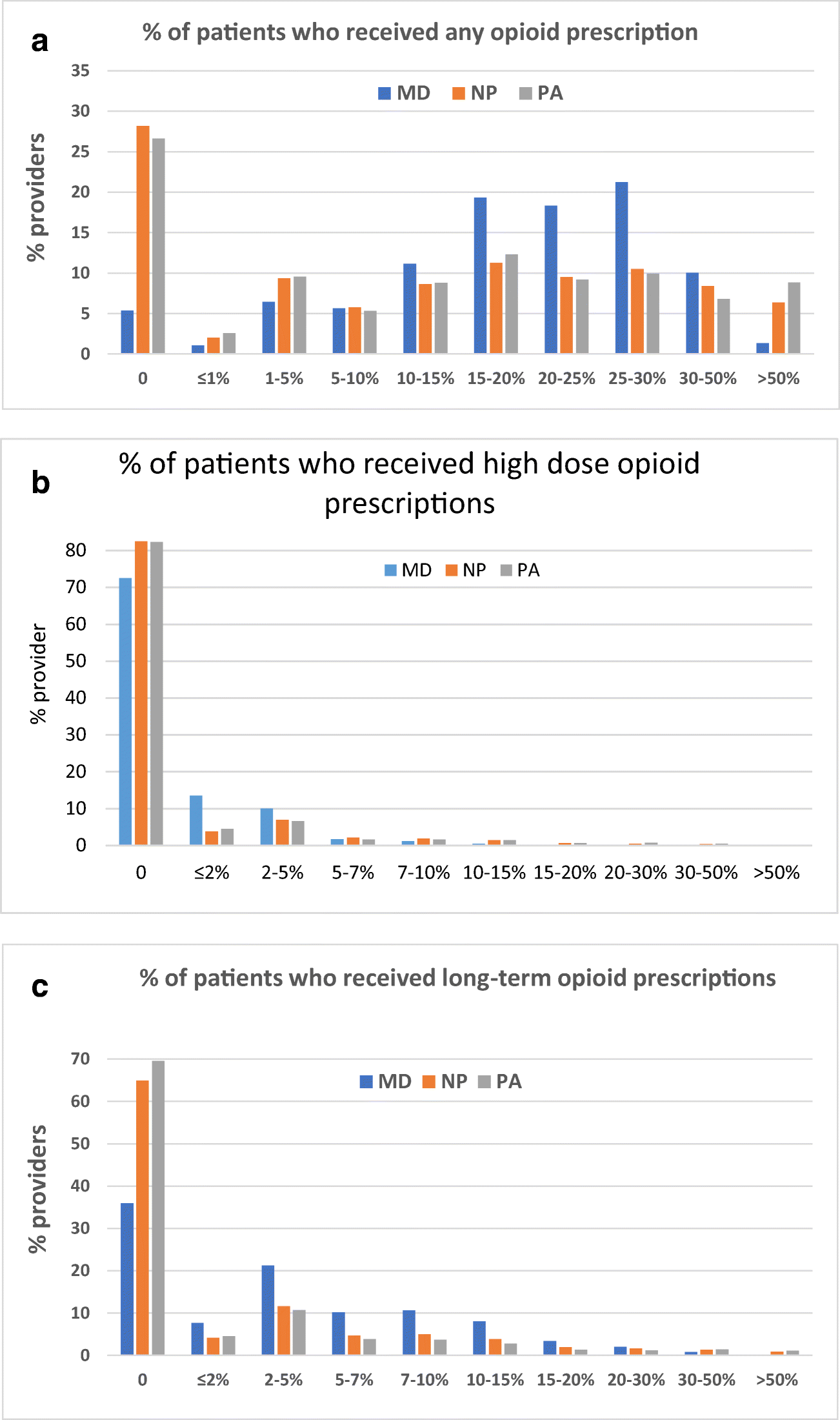As I mentioned, it was in response to a post to make a point. Happy to hear your opinions and anecdotes. From your other posts, it seems that you like studies to support conclusions. You may feel there aren't studies to support the difference but a quick google search shows that they don't feel this way. Look at some of the things they're posting
Numerous peer-reviewed studies have shown that CRNAs are safe, high-quality, and cost-effective anesthesia professionals who should practice to the full extent of their education and abilities. According to a 2010 study published in the journal Health Affairs, there are similarly low rates of adverse events for CRNAs and other anesthesia providers and anesthesia delivery models. Researchers studying anesthesia safety found no differences in care between nurse anesthetists and physician anesthesiologists based on an exhaustive analysis of research literature published in the United States and around the world, according to a scientific literature review prepared by the Cochrane Collaboration, the internationally recognized authority on evidence-based practice in healthcare. A study published in Medical Care (June 2016) found no measurable impact in anesthesia complications from nurse anesthetist scope of practice or practice restrictions
Or check this out:
I personally don't care one way or the other so back to pain. While I may hate to say this, I think an NP or a PA can be a better pain noctor than me if they commit themselves to it. While I'd like to think I'm great and special I know in reality I am only to my kids and wife and the world would get along just fine without me, lol.




